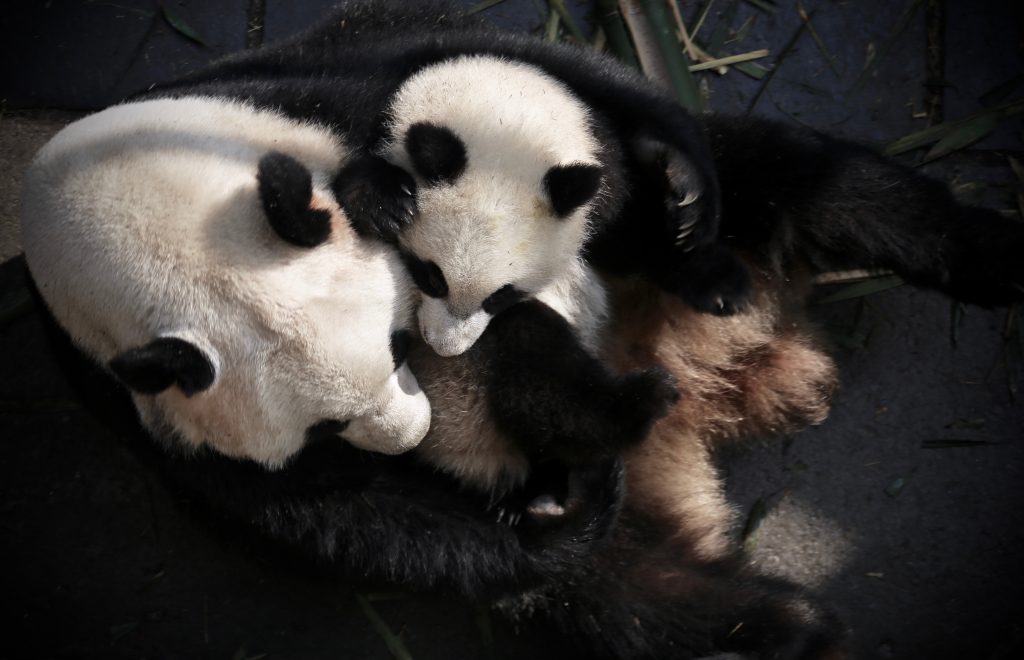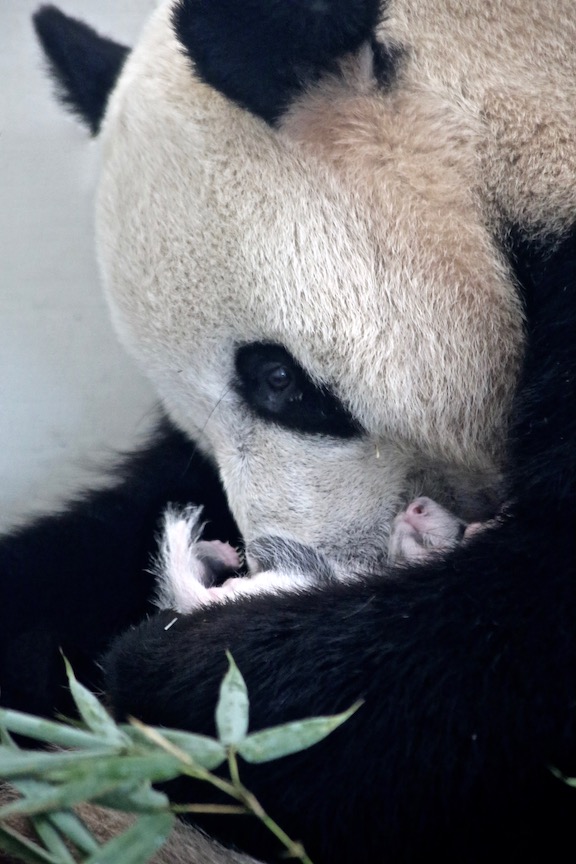Dear panda lovers, it may seem like we’ve dropped off the face of the earth (sorry for the lack of posting) but we’ve actually been super busy behind the scenes working on Chinese permits, data analysis, and paper write up. If you’ve been a devoted Facebook follower you probably saw our posts about our five 2018 publications:
Improving the sustainability of ex situ populations with mate choice
Vocal behaviors predicts mating success in giant pandas
Blood Lead Levels in Captive Giant Pandas
In the background we’ve transferred our internship over to the US and started bringing students in to learn how to analyze and data wrangle in R and to author a scientific publication! It’s quite the unique opportunity as I don’t believe I’ve seen any internships that offer a specific in-depth dive into the unglamorous, but necessary, side of conservation biology that is analysis and write-up. So I’m proud to announce that we’re bringing back a familiar face in February, Giulia Ciminelli, to investigate how the social structure surrounding breeding, gestation, and cubbing affects reproductive success and maternal care.
“Here I am again! This time to follow my beloved pandas I flew to the opposite side of the world: I am in US!!
I recently reached Meghan and Nathe in the beautiful and rainy Portland; Oregon is certainly less surprising than China but it remains a novelty that still increases my enthusiasm. I find myself far from home again, ready for a new adventure accompanied by my passion for these extraordinary animals – the giant panda!
While I’m sad I will not be physically with them, I will have to analyze some of the data collected over the years in China to understand how the proximity of other individual giant pandas during the gestation and cub rearing affects maternal care, cub behaviors and reproductive success.
You may or may not be aware that at the Bifengxia base during gestation females are moved to areas not accessible to visitors in order to limit any kind of stress during pregnancy and cub rearing.
Some of the females, however, stay in a more isolated area, with less conspecifics, called Leopard Mountain, while most are moved into the Breeding Center, an area with a high population density (12-13 individuals), mainly formed by other mothers and their cubs.
As giant pandas are an asocial species and spend their pregnancy and cub development in isolation from other pandas, we thought it would be interesting to investigate how such an artificially high number of neighbors could affect reproductive success, maternal care and even some cubs behaviors.
In the wild, panda females live in proximity to 2-3 individuals during this critical time period and would rarely see another giant panda (if at all). Thus, it is possible the presence of a high number of conspecifics can be a strong source of stress that could adversely affect productivity and rearing of offspring.
Investigating this topic is of vital importance for understanding and improving the management of these animals during the breeding season; improving the wellbeing of females and their cubs. Guaranteeing better growth and more appropriate development is one of the most important goals for giant panda researchers.
Being able to contribute to this research is one of the best opportunities I have ever had. I am excited to be able to access such a large, rich quantity of data and to, once again, be involved in the wonderful work that PDXWildlife and its interns perform. Being able to make a difference in the management and understanding of the giant panda in captivity is a dream that has accompanied me throughout all my life and now it is slowly taking shape.
Together with my computers, Excel and the computer program freeware R, I am going to organize and analyze the data collected in the past years. If you’d like to support this work please donate to the gofundme page we have created:
How social housing affects giant panda maternal care

I cannot wait to tell you what we have discovered and what these beautiful animals have told us again!
Keep in touch,
Giulia”

